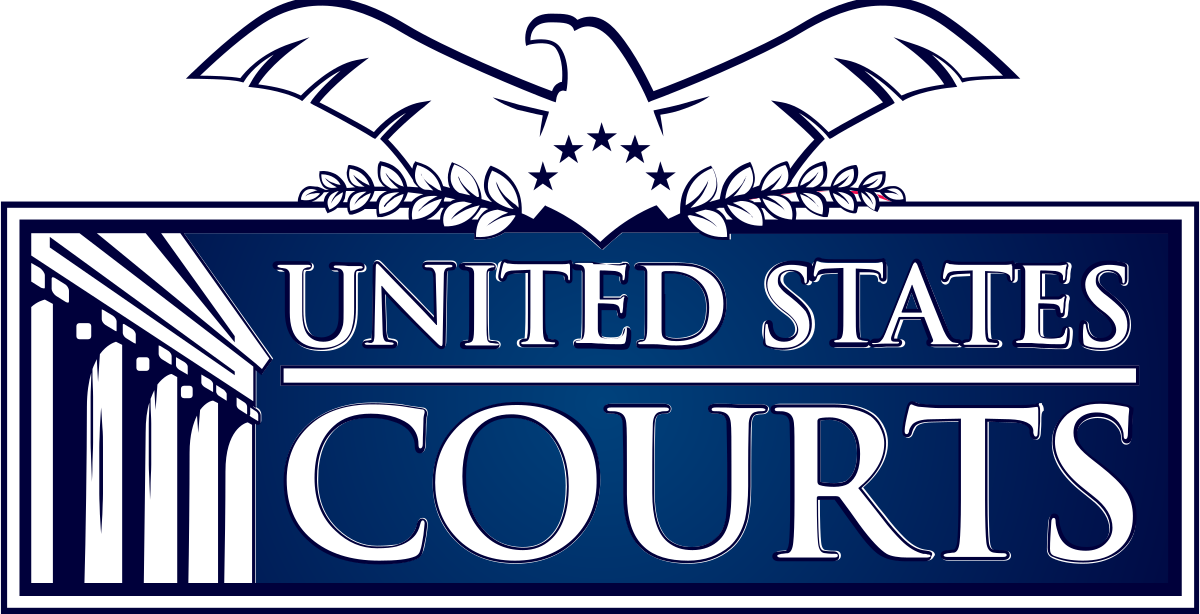Documents filed in the United States District of Delaware Bankruptcy Court indicate Carolina Sawmills and Klausner II are at an impasse in their negotiations of a settlement which involves Halifax County government.
The documents also show the county and Klausner have reached a revised agreement in light of the stalemate with Carolina Sawmills.
Carolina Sawmills loaned the Enfield-based Klausner II $75 million in 2014 to start the lumber mill, which never began production, previous documents show.
A hearing has been scheduled for November 9 at 10 a.m. in Wilmington, Delaware and an objection deadline of next Friday at 4 p.m. has been set.
Carolina Sawmills objection
The objection to the settlement between Halifax County and Klausner II filed by Carolina Sawmills challenges, among other things, the county’s ownership of heavy equipment and fixed machinery installed as well as a lien the objector says it has at the defunct sawmill.
At a hearing in August, Klausner II and Carolina Sawmills announced they would be engaging in mediation to settle their disputes, including Carolina Sawmills’ issues concerning the settlement.
The latest court documents in the case show “that the settlement negotiations between the debtor and CSLP are at an impasse at this time, and thus the motion and the objection need to proceed to a hearing, as discussed at the hearing held in this case on (Tuesday).”
Klausner contends, “It may be that the debtor and the county can revise the county settlement in such a way to enable this court to approve it prior to any resolution of the lien complaint and the county action by preserving CSLP’s alleged lien rights.”
The court documents say Klausner and the county are “currently exploring whether having the county transfer the real property back prior to any sale of the debtor’s assets while also preserving any liens that may have existed on the real property while held by the county may enable this court to approve the county settlement while leaving the question of whether CSLP has valid liens to be determined after the proposed sale of substantially all of the debtor’s assets.
“In this revised settlement structure, any liens possessed by CSLP would simply attach to the proceeds of the eventual sale by the debtor in accordance with (the bankruptcy code). Thus, CSLP’s right to assert its alleged secured claim would not be prejudiced by the approval of the county settlement or a subsequent sale of substantially all of the debtor’s assets.”
Klausner contends, “Proceeding in this manner provides the best opportunity to maximize value for the benefit of the debtor’s estate and its creditors, while avoiding having the sale process held hostage by CSLP while its alleged lien rights are sorted out.
“As discussed, it is critical that the debtor seize upon the momentum and interest generated in connection with the recently concluded sale for over $61 million in the Klausner Lumber One LLC bankruptcy case.”
Proceeding this way, Klausner contends, would mean the only matter that the court would then have to determine prior to the approval of this proposed revised county settlement or an eventual sale would be CSLP’s credit bidding rights — or complete lack thereof.
“This would even allow the above proposed schedule to be lengthened by several months without prejudicing the debtor since the litigation would not need to be concluded prior to the debtor being able to sell the real property along with its other assets.”
Revised settlement
The documents say after negotiations with the county, Klausner and the county have successfully negotiated a revised settlement which Klausner believes will partially resolve the concerns of Carolina Sawmills.
The hearing on the revised settlement will be heard on November 9 in Wilmington, Delaware at 10 a.m.
The revision notes a settlement order would require the county to reconvey property to Klausner pursuant to any order approving a sale.
Under terms of the revised settlement there remains an $11 million strike price but instead of the county receiving $4.5 million, it would receive $4.6 million. The first $1.5 million would be paid to the debtor.
In the event Klausner and the county are unable to sell the property for the strike price the county would be free to sell the property on its own terms and Klausner would be free to sell the person property on its own terms.
The documents note, with some exceptions, the county acknowledges that it has no right, title, or interest in the scheduled personal property.
Klausner background
Klausner was announced by former Governor Beverly Perdue in 2012 as an economic development project which would bring 350 jobs to Halifax County and represented what was to be a $130 million investment.
The motion by Klausner seeking approval of the settlement said the company was to be one of the first new sawmills built in the United States for some time.
It was to use European technology “that would result in efficiencies of operations and production, and far greater utilization and less waste of raw materials,” and if successful would have brought a competitive advantage over domestic lumber mills.
Construction of the sawmill began in 2014.
Several setbacks and delays occurred during construction over the next several years, and the debtor’s sawmill never became fully operational, which caused a drain on liquidity, previous documents reviewed in the case show.






